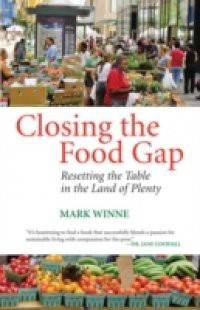Democracy's checkered past and uncertain future in the developing world still puzzles and fascinates. In Latin America, attempts to construct resilient democracies have been as pervasive as reversals have been cruel. This book is based on a wealth of original historical documents and contemporary interviews with prominent political actors and analyses five centuries of political history in these paradigmatic cases of outstanding democratic success and abysmal failure. It shows that while factors highlighted by standard explanations matter, it is political culture that configures economic development, institutional choices and political pacts in ways that directly affect both democracy's chances and its quality. But it also claims that political culture is a dynamic combination of rational and normative imperatives that define actors' views of the permissible, shape their sense of realism, structure political struggles and legitimate the resulting distribution of power.













